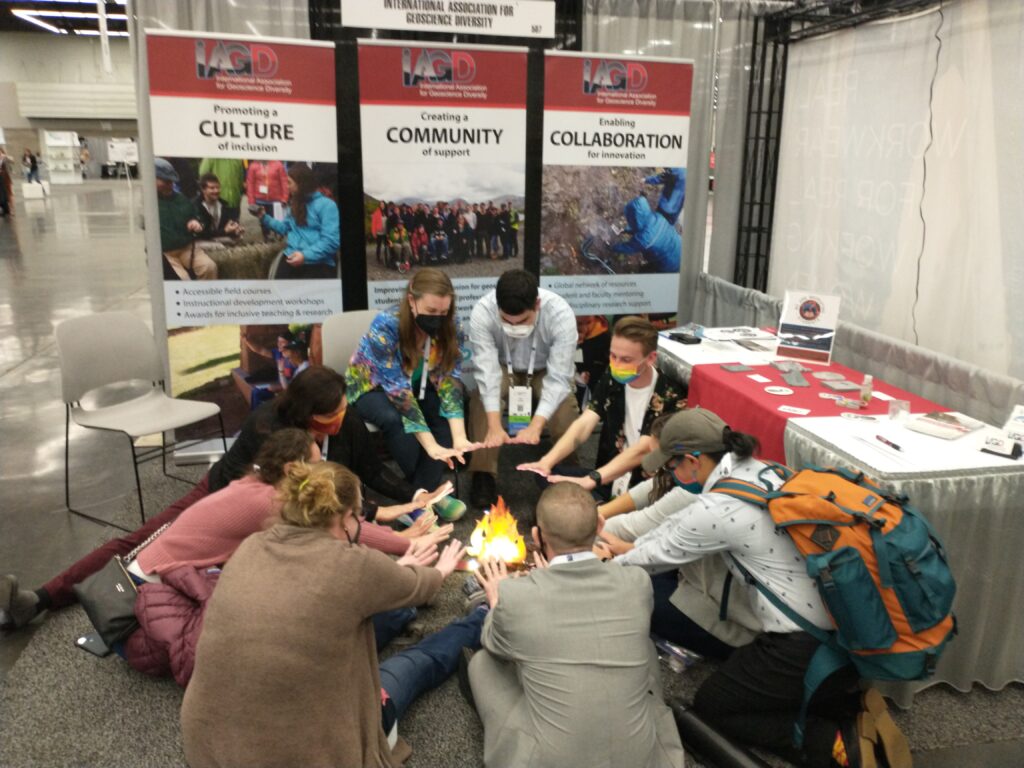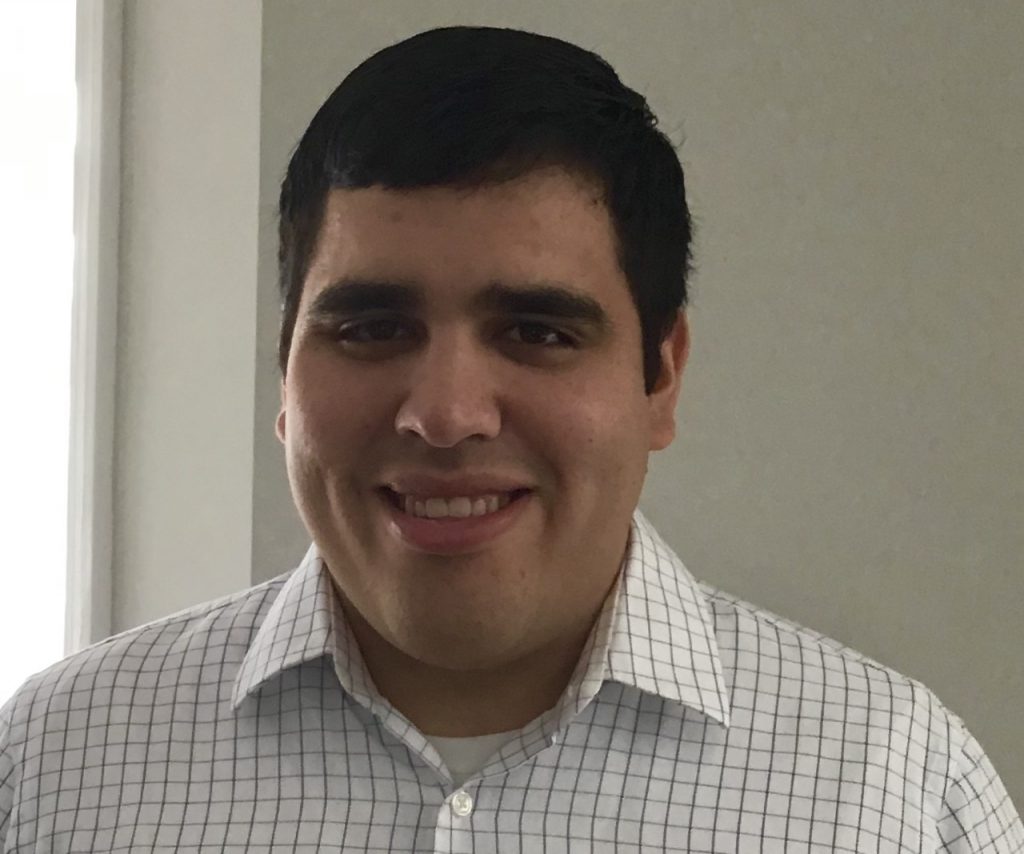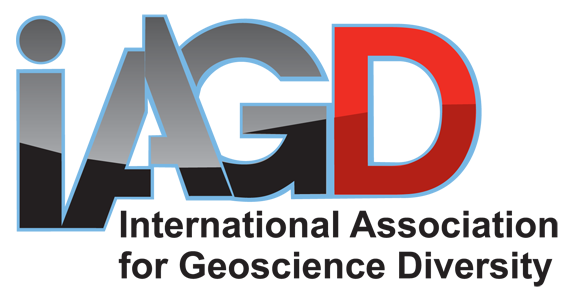
Attendees at GSA 2021 hanging out at the IAGD booth.
About the Study
Over the last decade, there has been an increase in research looking into the social and cultural issues affecting geoscientists. In particular, there has been a lot of discussion focused on identity (e.g., race/ethnicity, disability, and gender). Examples of these efforts can be seen through the rise of initiatives such as Unlearning Racism in Geology (URGE) and the On To the Future (OTF) program provided by the Geological Society of America. While this new research boom is exciting and has made various steps into better understanding the social issues in the geosciences, I think there is an opportunity to explore identity further.
Social and political identities can combine in various ways that then create unique obstacles/privileges for individuals. For example, a woman of color with disabilities encounters barriers that exist for not only each of those unique identities, but also the barriers created as these identities exist simultaneously. I believe that individuals with disabilities encounter these intersecting barriers most often since disability can impact an individual at any time regardless of any other identity that they may have.
I am currently preparing a study that explores the intersections that exist with disability in the geosciences. In particular, I am focused on how disability intersects with race and how that impacts geoscientists today. The study will involve a virtual large-group discussion and reflection called a group-level assessment (GLA) that will be centered around the experiences of geoscientists of color with disabilities. The goal of the discussion is to identify key themes that can help us understand and address the unique barriers experienced by geoscientists of color with disabilities. This research cannot be done without the voices of those most affected, and so I want to work collaboratively with members of the IAGD community to explore the intersections of disability and race and work towards more actionable solutions to better support our community in the geosciences.
How to Participate
If you are interested in participating in the study, please fill out this brief demographic survey. I will be collecting responses until November 5 at which time we will finalize a date for the first discussion by November 12. If you have any questions about the study, please contact me at castroio[at]ucmail.uc.edu. I will also be attending GSA Connects 2023 and SACNAS and am happy to meet with you in person. Thank you for your help with this project and I look forward to working more with members of our community.
Thank you so much for your help spreading the word about this research,
Ian Castro, PhD candidate at the University of Cincinnati
 Meet the Researcher
Meet the Researcher
My name is Ian Castro, and I am a doctoral candidate at the University of Cincinnati and a member of the executive board for the International Association for Geoscience Diversity (IAGD). My research focuses on diversity, equity, inclusion, and accessibility (DEIA) in geoscience education. As someone who identifies as Hispanic/Latino/Latine, I have experienced first-hand how the current culture of the geosciences can feel isolating and discriminatory for those who belong to marginalized groups. Along with this experience, I also have grown up with a younger sister who is autistic and has a variety of other disabilities and thus have an understanding of some of the ways that disability impacts individuals in their daily lives. During my time with the IAGD, I have learned even more about the challenges and barriers present for people with disabilities in the geosciences. Personally, I want to help advance DEIA efforts in the geosciences by studying how barriers present challenges and barriers for people with multiple marginalized identities, in particular the intersection of race and disability, in the geosciences.


